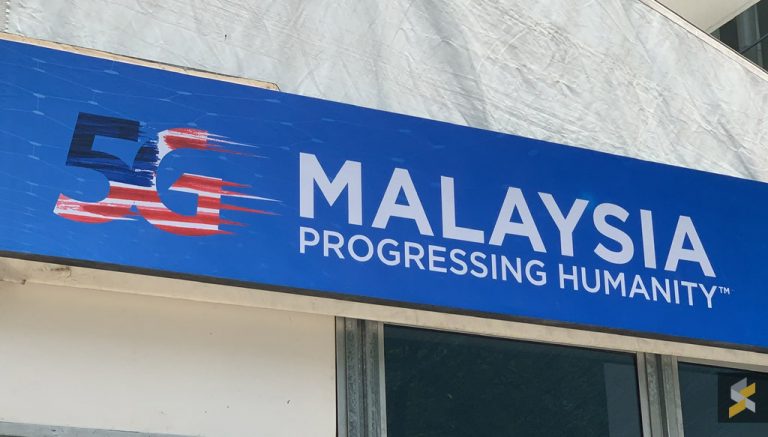FEBRUARY 24 — While the likes of China and Vietnam bustle along the 5G mobile pathway, Malaysia keeps changing its mind.
At this rate by the time we start rolling out our first 5G network, our neighbours might already be making plans for 6G.
What’s the hold-up, one wonders.
It is perplexing that we are taking so long just to award 5G spectrum licences when Singapore is already rolling out 5G, albeit in limited areas.
There was that embarrassing time when somehow licences had been quietly awarded, shutting out one major telco while giving one to a telco that has so far been operating as an MVNO.
Why give it to a virtual network provider and not an established telco that has more than seven million subscribers? Rather than answer the inevitable questions, the ministry involved suddenly made a U-turn so no licences for anyone.
Now the government has announced some special purpose vehicle (SPV) being created just for the purpose of allocating 5G spectrum.
On paper it perhaps makes sense but this is Malaysia.

We have managed to dole out 3G and 4G licences all this while without the need for SPVs, so it’s not like the processes involved are so alien to us.
It feels like that ever-constant Malaysian government response to every situation: “Let’s form a committee”! In this case it’s more like “let’s form a temporary body to do something we’ve done before but for some reason are making it more difficult than it should be.”
Like overzealous police at roadblocks, the authorities seem more keen on creating new avenues to stall progress rather than advance it.
Meanwhile, making the internet more accessible to all still seems to be wishful thinking in this country; where we have to see students climbing trees and making YouTube videos to get reception.
Our Education Ministry had the greatest opportunity to explore hybrid learning and furthering the advancement of digital tools.
Instead, after the hiccups of the DidikTV launch (poorly planned and executed) it has just decided to give up completely and make everyone go back to school.
Change takes time; we’re kidding ourselves if we believe it’s all that easy to go back to the old normal or if we can at all.
The promised laptops mentioned in last year’s Budget have yet to materialise with a disquieting silence in response to any attempt at asking where the heck they are.
It is way past time that procurement is made more transparent in this country and for things announced in the Budget, there should be more public accountability.
Progress reports and running updates on measures announced in the Budget should be put up online to be accessible to the public and mediums instituted to make it easy for the public to give direct feedback or make enquiries.
We can’t just constantly leave it to the Opposition because, inevitably, the government would accuse them of making it political (not that it’s an unacceptable thing).
Raising the cap on the size of contracts that can be directly awarded during the Emergency is also regressive and plainly opens the door to questionable deals and nepotism.
The reality is that corruption has become too endemic in this country, with politicians constantly making excuses for it or shamelessly enabling it.
A year on from the Sheraton move, it seems corruption has become ever more a fight against entrenched norms while those in government seem determined to pretend it does not exist.
Perhaps it is time that Malaysians start engaging in what I’d call a mosquito campaign; if the government can pay ridiculous amounts of money to cybertroopers Malaysians can counter it by employing the same tactics, but on existing politicians.
It seemed to work for i-Sinar — many Malaysians flooded the comments on the prime minister and finance minister’s social media accounts calling for the requirements to be loosened and behold, it has been done.
As the Malay saying tanya je (just asking) goes, why shouldn’t the citizens swarm social media channels to ask in ways they couldn’t before? Decades ago it would be difficult to call or send mail to a representative and expect queries to be answered.
We have social media now and I think it’s time we start using the numbers the way we tried to do during the election; they can’t overturn a Facebook comment or change the poster of an Instagram or tweet.
The power of numbers also means — they can’t arrest tens and thousands of people for asking the important question: why aren’t our so-called elected reps doing a good job? Not answering should no longer be an option.
*This is the personal opinion of the columnist.






















